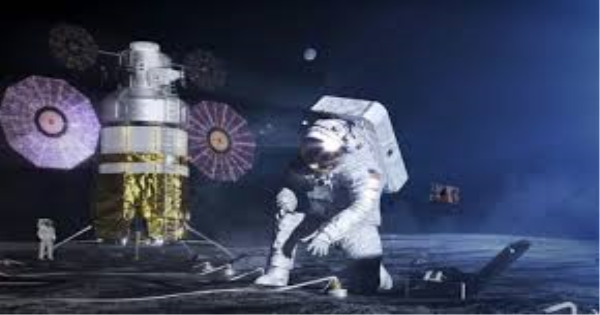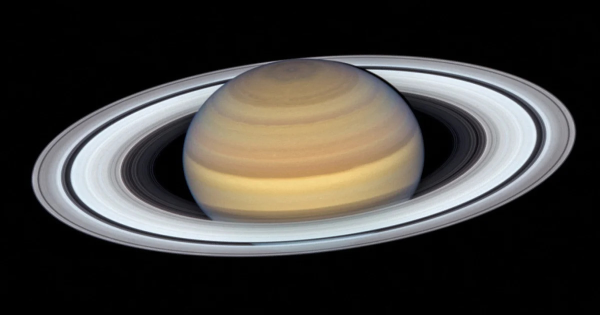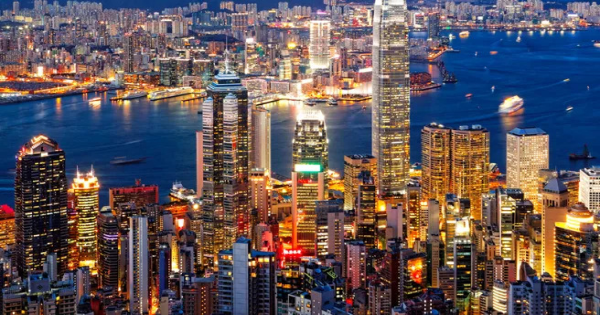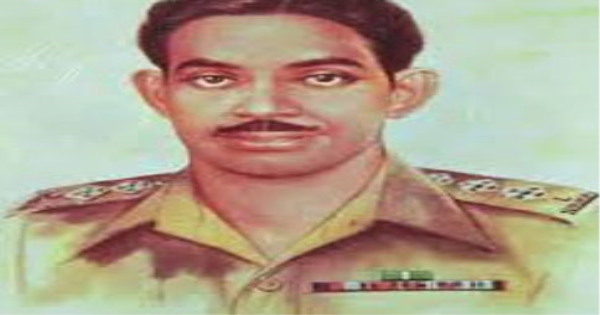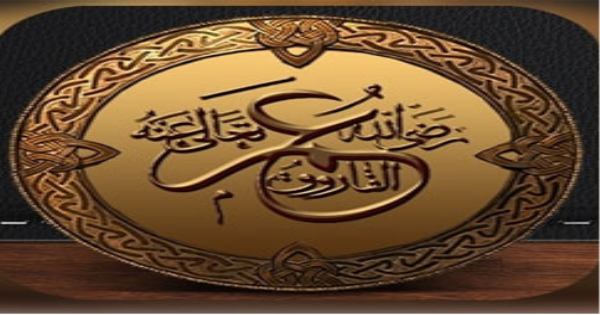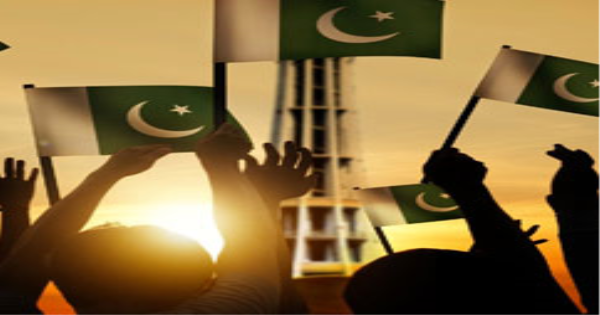 Background
Background
The Indus Valley civilization, one of the oldest in the world and dating back at least 5,000 years, spread over much of what is presently Pakistan. During the second millennium B.C., remnants of this culture fused with the migrating Indo-Aryan peoples. The area underwent successive invasions in subsequent centuries from the Persians, Greeks, Scythians, Arabs (who brought Islam), Afghans, and Turks. The Mughal Empire flourished in the 16th and 17th centuries; the British came to dominate the region in the 18th century.
The separation in 1947 of British India into the Muslim state of Pakistan (with West and East sections) and largely Hindu India was never satisfactorily resolved, and India and Pakistan fought two wars - in 1947-48 and 1965 - over the disputed Kashmir territory. A third war between these countries in 1971 - in which India capitalized on Islamabad's marginalization of Bengalis in Pakistani politics - resulted in East Pakistan becoming the separate nation of Bangladesh. In response to Indian nuclear weapons testing, Pakistan conducted its own tests in 1998. The dispute over the state of Kashmir is ongoing, but discussions and confidence-building measures have helped the two countries begin to work through their issues.
In February 2008, Pakistan held parliamentary elections and in September 2008, after the resignation of former President MUSHARRAF, elected Asif Ali ZARDARI to the presidency. Pakistani government and military leaders are struggling to control domestic insurgents, many of whom are located in the tribal areas adjacent to the border with Afghanistan. India-Pakistan relations have been rocky since the November 2008 Mumbai attacks, but both countries are taking small steps to put relations back on track.
Location: Southern Asia, bordering the Arabian Sea, between India on the east and Iran and Afghanistan on the west and China in the north
Total Area: 796,095 sq km
Climate: During the summer months from April to September the mountainous north is pleasant and temperate, but the Indus Valley swelters in temperatures of 100ºF (40ºC) or more. In late summer the southern region experiences monsoons, particularly along the coast. In winter the low-lying areas cool down appreciably to average temperatures of between 50ºF and 70ºF (10ºC to 25ºC), while the northern mountains ice up with the air well below freezing.
Terrain: Flat Indus plain in east; mountains in north and northwest; Balochistan plateau in west
Population: 177,276,594 (July 2010 est.)
Ethnic groups: Punjabi 44.68%, Pashtun (Pathan) 15.42%, Sindhi 14.1%, Sariaki 8.38%, Muhajirs 7.57%, Balochi 3.57%, other 6.28%
Religions: Muslim 95% (Sunni 75%, Shia 20%), other (includes Christian and Hindu) 5%
Languages: Punjabi 48%, Sindhi 12%, Siraiki (a Punjabi variant) 10%, Pashtu 8%, Urdu (official) 8%, Balochi 3%, Hindko 2%, Brahui 1%, English (official; lingua franca of Pakistani elite and most government ministries), Burushaski, and other 8%
Government Type: Federal republic
 Executive Branch:
Executive Branch:
Chief of State: President Asif Ali Zardari (since 9 September 2008)
Head of Government: Prime Minister Syed Yousuf Raza Gilani (since 25 March 2008)
Cabinet: Cabinet appointed by the President upon the advice of the Prime Minister
Elections: The president elected by secret ballot through an Electoral College comprising the members of the Senate, National Assembly, and the provincial assemblies for a five-year term; election last held on 6 September 2008 (next to be held not later than 2013); Note - any person who is a Muslim and not less than 45 years of age and is qualified to be elected as a member of the National Assembly can contest the presidential election; the prime minister selected by the National Assembly; election last held on 24 March 2008
Election results: Asif Ali Zardari elected president; ZARDARI 481 votes, Siddique 153 votes, Syed 44 votes; Syed Yousuf Raza Gilani elected prime minister; Gilani 264 votes, Pervaiz Elahi 42 votes; several abstentions
Legislative Branch: Bicameral parliament or Majlis-e-Shoora consists of the Senate (100 seats; members indirectly elected by provincial assemblies and the territories' representatives in the National Assembly to serve six-year terms; one half are elected every three years) and the National Assembly (342 seats; 272 members elected by popular vote; 60 seats reserved for women; 10 seats reserved for non-Muslims; members serve five-year terms)
Elections: Senate - last held on 3 March 2009 (next to be held in March 2012); National Assembly - last held on 18 February 2008 with by-elections on 26 June 2008 (next to be held in 2013
Election results: Senate - percent of vote by party - NA; seats by party - PPPP 27, PML-Q 21, MMA 9, PML-N 7, ANP 6, MQM 6, JUI-F 4, BNP-A 2, JWP 1, NPP 1, PKMAP 1, PML-F 1, PPP 1, independents 13; National Assembly - percent of votes by party - NA; seats by party - PPPP 124, PML-N 91, PML 54, MQM 25, ANP 13, MMA 7, PML-F 5, BNP-A 1, NPP 1, PPP-S 1, independents 17; note - 3 seats remain unfilled
Judicial Branch: Supreme Court (justices appointed by the president); Federal Islamic or Sharia Court
Political Parties and Leaders: Awami National Party or ANP [Asfandyar Wali KHAN]; Balochistan National Party-Awami or BNP-A [Moheem Khan BALOCH]; Balochistan National Party-Hayee Group or BNP-H [Dr. Hayee BALOCH]; Balochistan National Party-Mengal or BNP-M [Sardar Ataullah MENGAL]; Jamaat-i Islami or JI [Qazi Hussain AHMED]; Jamhoori Watan Party or JWP; Jamiat Ahle Hadith or JAH [Sajid MIR]; Jamiat Ulema-i Islam Fazlur Rehman or JUI-F [Fazlur REHMAN]; Jamiat Ulema-i Islam Sami-ul HAQ or JUI-S [Sami ul-HAQ]; Jamiat Ulema-i Pakistan or JUP [Shah Faridul HAQ]; Muttahida Majlis-e Amal or MMA [Qazi Hussain AHMED]; Muttahida Qaumi Movement or MQM [Altaf HUSSAIN]; National Alliance or NA [Ghulam Mustapha JATOI] (merged with PML); National Peoples Party or NPP; Pakhtun Khwa Milli Awami Party or PKMAP [Mahmood Khan ACHAKZAI]; Pakistan Awami Tehrik or PAT [Tahir ul QADRI]; Pakistan Muslim League or PML [Chaudhry Shujaat HUSSAIN]; Pakistan Muslim League-Functional or PML-F [Pir PAGARO]; Pakistan Muslim League-Nawaz or PML-N [Nawaz SHARIF]; Pakistan Peoples Party Parliamentarians or PPPP [Bilawal Bhutto ZARDARI, chairman; Asif Ali ZARDARI, co-chairman]; Pakistan Peoples Party-SHERPAO or PPP-S [Aftab Ahmed Khan SHERPAO]; Pakistan Tehrik-e Insaaf or PTI [Imran KHAN]; Tehrik-i Islami [Allama Sajid NAQVI]
Note: political alliances in Pakistan can shift frequently
Economy | overview
Pakistan, an impoverished and underdeveloped country, has suffered from decades of internal political disputes and low levels of foreign investment. Between 2001-07, however, poverty levels decreased by 10%, as Islamabad steadily raised development spending. Between 2004-07, GDP growth in the 5-8% range was spurred by gains in the industrial and service sectors - despite severe electricity shortfalls - but growth slowed in 2008-09 and unemployment rose.
Inflation remains the top concern among the public, jumping from 7.7% in 2007 to 20.3% in 2008, and 14.2% in 2009. In addition, the Pakistani rupee has depreciated since 2007 as a result of political and economic instability. The government agreed to an International Monetary Fund Standby Arrangement in November 2008 in response to a balance of payments crisis, but during 2009 its current account strengthened and foreign exchange reserves stabilized - largely because of lower oil prices and record remittances from workers abroad.
Textiles account for most of Pakistan's export earnings, but Pakistan's failure to expand a viable export base for other manufactures have left the country vulnerable to shifts in world demand. Other long term challenges include expanding investment in education, healthcare, and electricity production, and reducing dependence on foreign donors.
(Source: CIA World Factbook)
Adil Altaf




.gif)












